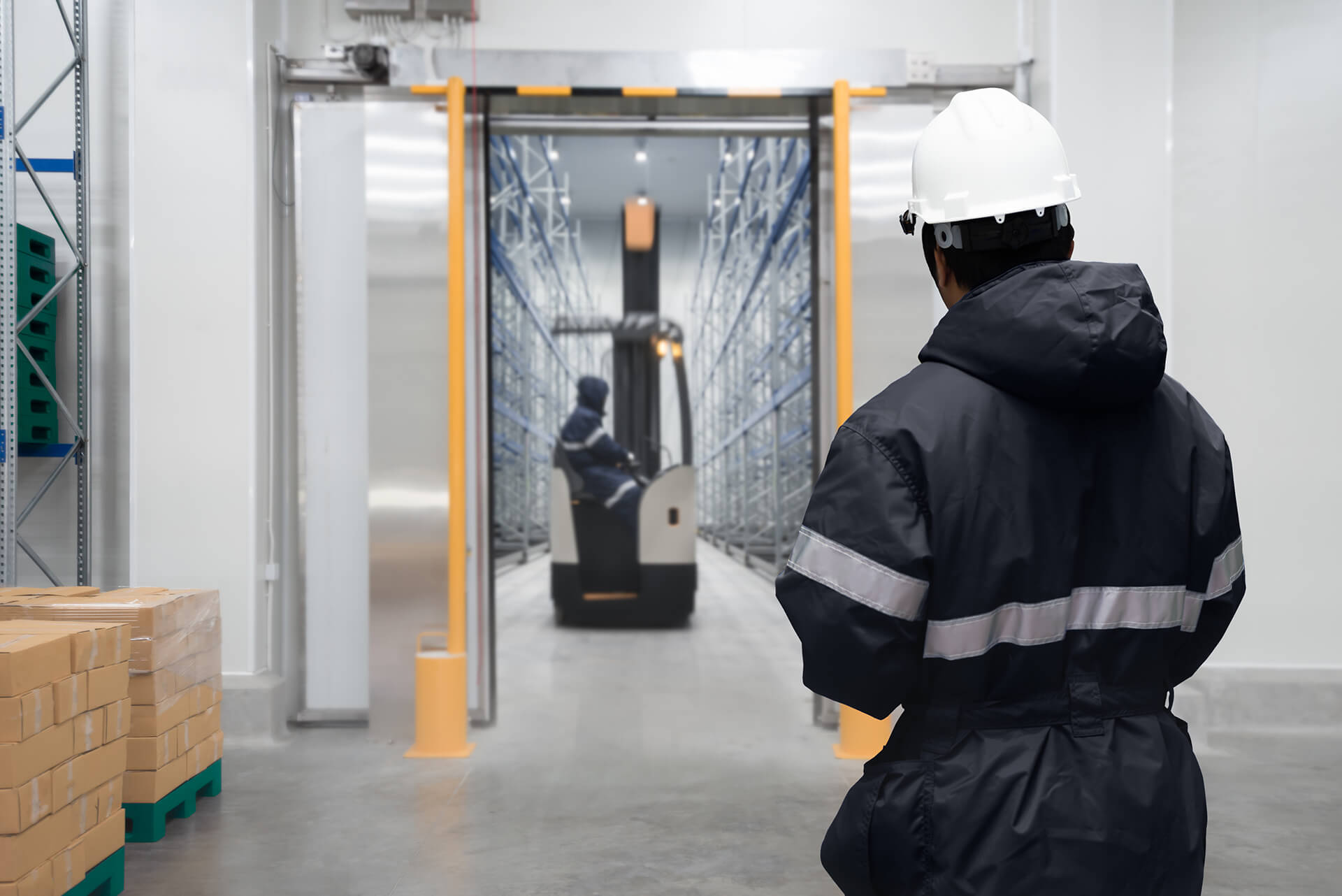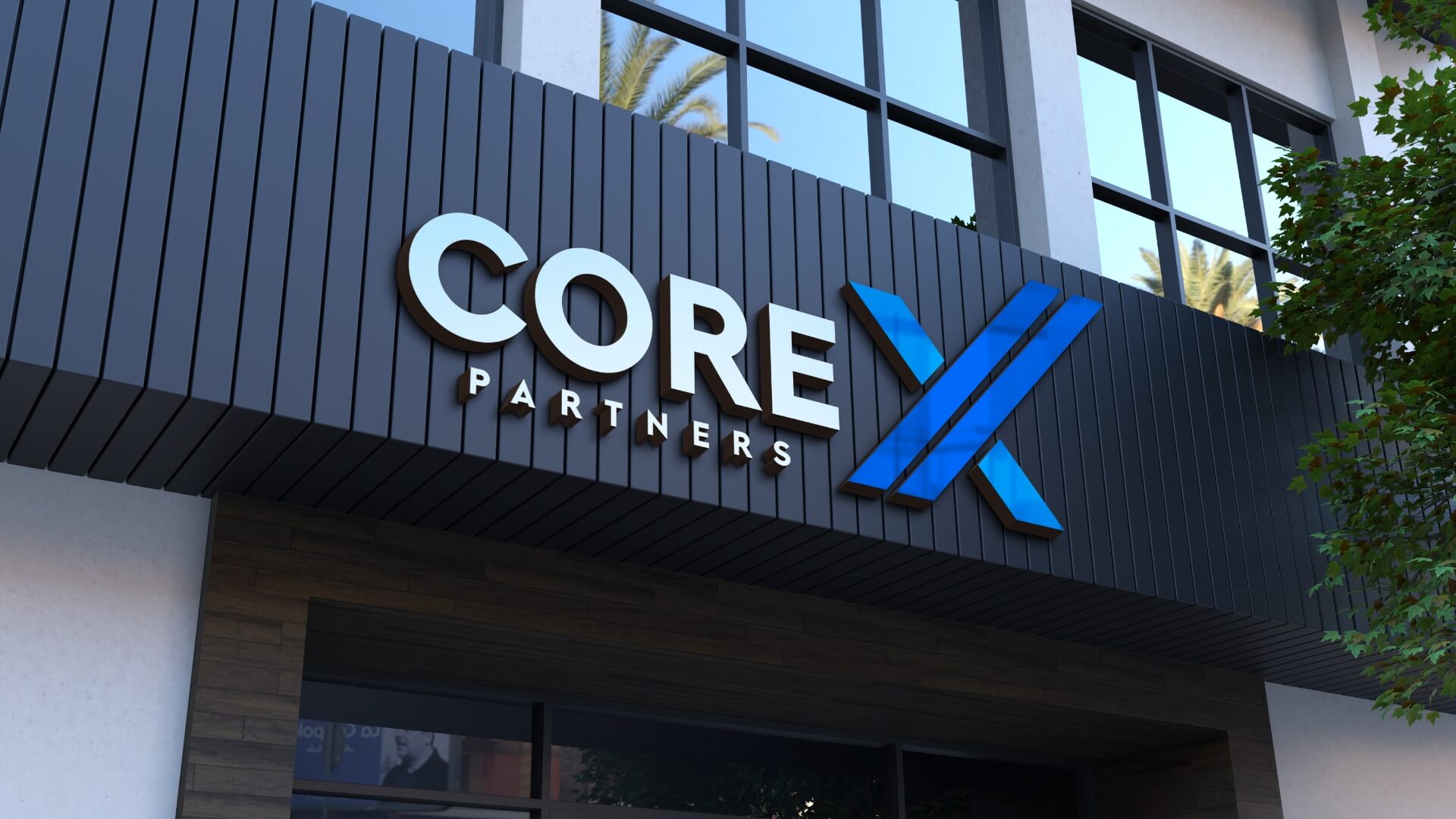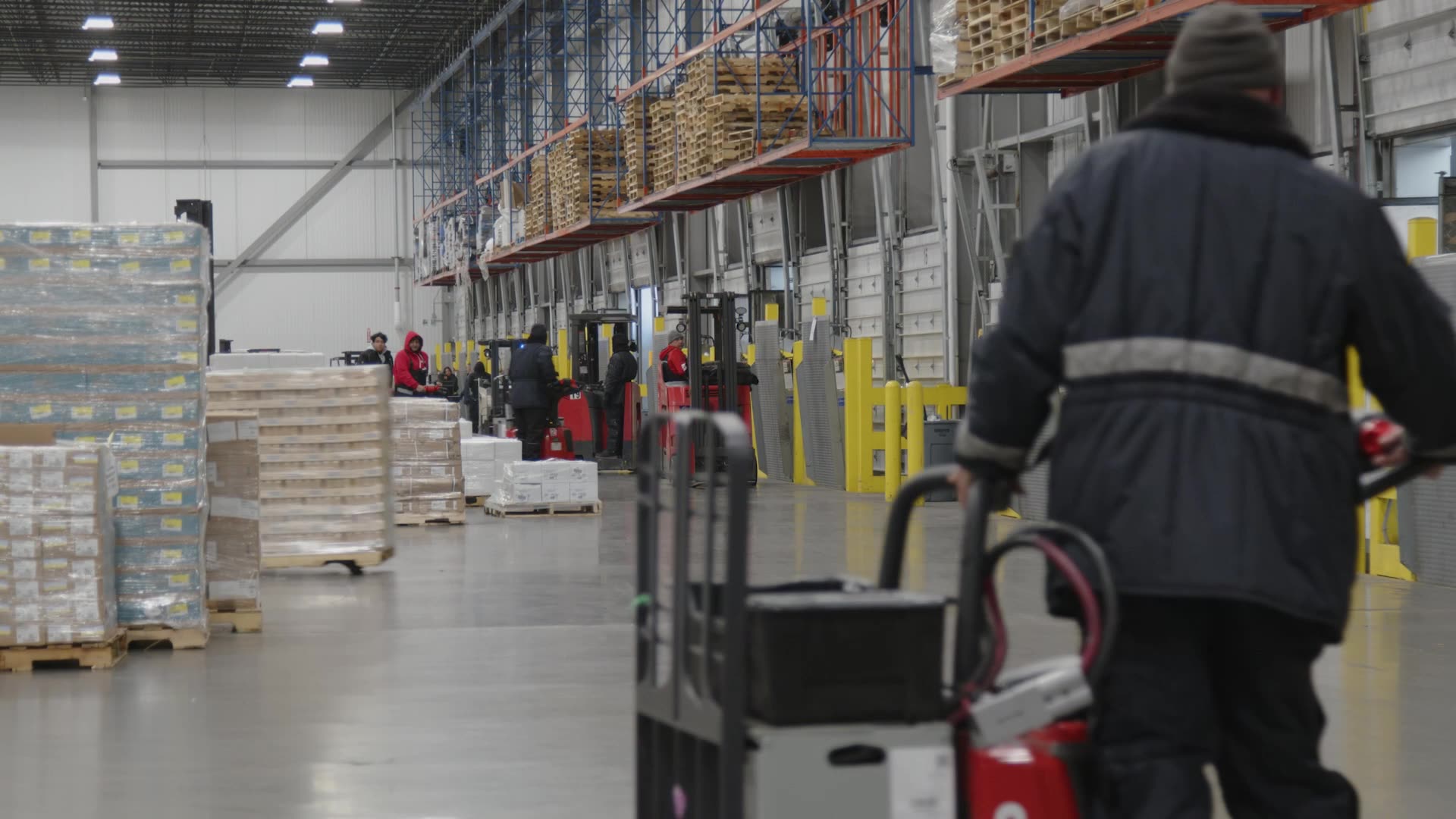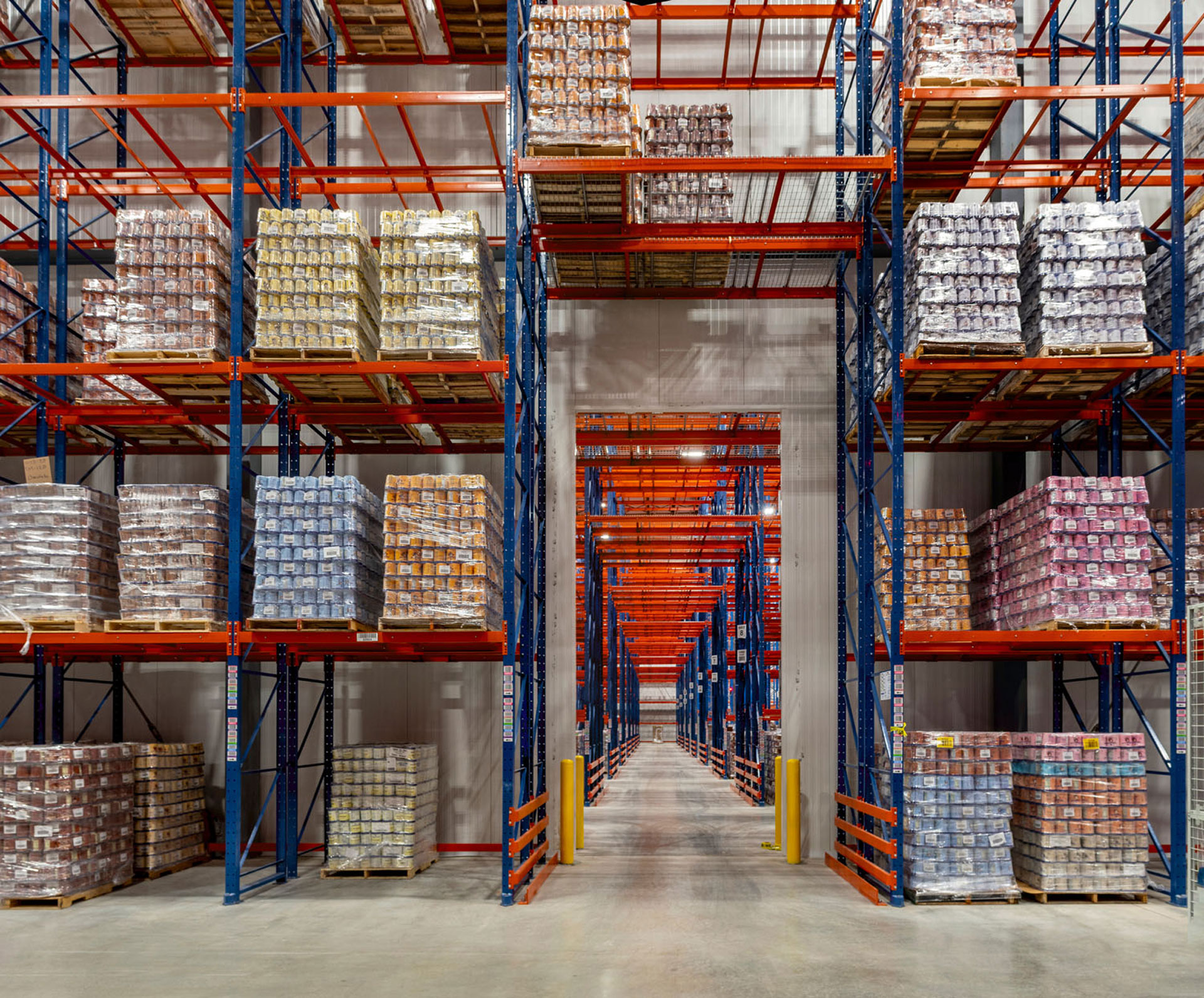Finding a logistics company that can handle temperature-sensitive products requires looking beyond basic warehouse space and truck availability. The right cold chain partner protects your products, maintains compliance, and becomes an extension of your team—not just another vendor on your list.
When evaluating logistics companies for cold storage and transportation, focus on three critical factors: their ability to maintain precise temperature control across the entire supply chain, their geographic coverage, and whether they operate as true partners or simply service providers. The difference between these approaches directly impacts your product quality, customer satisfaction, and bottom line.

Core Capabilities Every Cold Chain Logistics Company Must Have
Temperature Control and Monitoring Systems
A reliable logistics company maintains multiple temperature zones—frozen (below 0°F), refrigerated (33-39°F), and controlled ambient—with redundant cooling systems to prevent failures. Look for real-time temperature monitoring that tracks conditions every few minutes, not just at pickup and delivery. The best providers offer customer portals where you can monitor your products’ temperature history throughout their journey.
Ask potential partners about their contingency plans for equipment failures. How quickly can they respond to a refrigeration unit malfunction? What backup systems are in place? A logistics company worth partnering with has clear protocols and can demonstrate its effectiveness with real examples.
Geographic Coverage and Network Flexibility
Evaluate whether the logistics company can support your distribution needs both today and as you grow. This means looking at:
- Facility locations relative to your production sites and customer base
- Transportation capabilities for local, regional, and long-haul routes
- Cross-docking and consolidation services to optimize shipping costs
- Ability to handle seasonal volume fluctuations
The most effective cold chain networks combine strategically located facilities with flexible transportation options. A logistics company with facilities near major food production hubs can reduce transit times and costs while maintaining product quality.
Red Flags When Evaluating a Logistics Company
Warning Signs in Initial Conversations
Be cautious of logistics companies that:
- Quote prices without asking detailed questions about your products and requirements
- Seem unfamiliar with your industry’s compliance requirements
- Push you toward their standard services rather than discussing customization
Operational Concerns to Investigate
During facility tours and deeper discussions, watch for deferred maintenance. Older equipment without visible maintenance records, rust on racking systems, or patched-up refrigeration units signals potential reliability issues.
Ask about average employee tenure, too. Experienced warehouse staff and drivers who understand cold chain protocols make fewer costly mistakes.
A lack of real-time tracking capabilities indicates a logistics company that hasn’t invested in modern cold chain management. If every answer starts with “our standard process,” you’re dealing with a logistics company that may not adapt to your specific needs.
Building a True Partnership vs. a Vendor Relationship

A logistics company operating as a true partner invests time to understand your products, customers, and growth plans. It proactively suggests improvements based on what it sees in your operations and shares insights from working with similar businesses.
Partnership-oriented logistics companies provide regular business reviews that go beyond basic metrics. They discuss:
- Opportunities to optimize your supply chain
- Seasonal planning and capacity management
- Cost-saving initiatives without compromising quality
- Industry trends affecting your business
- Continuous improvement projects
These partners also maintain open communication channels. If issues arise, partners address them transparently and work collaboratively toward solutions.
Questions That Reveal Partnership Potential
To assess whether a logistics company will be a true partner, ask the following questions:
- Can you tell me about a time when you helped a client improve their operations beyond basic storage and transportation?
- How do you handle it when a client needs to make sudden changes to their requirements?
- What happens if we need to scale up quickly for a new customer or product launch?
- Can you provide examples of long-term client relationships and why they’ve stayed with you?
The answers will reveal whether you’re talking to a company that simply fills orders or actively contributes to its clients’ success.
Cost Considerations Beyond the Quote
When comparing logistics companies, look beyond the per-pallet storage rate or per-mile transportation cost. Consider the total cost of the partnership, including:
Hidden Costs to Uncover
- Accessorial charges for services like repalletizing, labeling, or special handling
- Minimum storage requirements and penalties for falling below thresholds
- Fuel surcharges and their calculation methods
- Technology access fees for WMS portals or EDI connections
- Rush order or overtime charges for unexpected needs
Value-Added Services That Reduce Total Costs
The right logistics company can actually reduce your overall supply chain costs through:
- Consolidation services that optimize truckload shipments
- Cross-docking to eliminate unnecessary storage
- Kitting and assembly services that simplify your operations
- Strategic inventory positioning to reduce transportation costs
- Shared resources that provide enterprise capabilities at mid-market prices

Regional Expertise vs. National Scale
When choosing the logistics company to partner with, you’ll have large national providers and regional specialists at your disposal. National logistics companies provide extensive geographic coverage, standardized processes, and significant resources. However, they may lack flexibility and treat your business as just another account number.
Regional specialists offer deep local market knowledge, stronger relationships, and more personalized service. They understand regional regulations and seasonal patterns and can often respond more quickly to urgent needs.
The ideal scenario combines both: a logistics company with strong regional expertise that’s part of a larger network. This model provides local relationships and flexibility backed by national resources and geographic reach.
Making Your Final Decision
The Evaluation Process
Start your search by clearly defining your requirements:
- Map your current and projected volume by temperature zone
- Identify your geographic coverage needs
- List required certifications and compliance standards
- Determine technology and visibility requirements
- Establish your budget range and service priorities
Then systematically evaluate potential logistics companies against these criteria. Visit facilities, check references, and run pilot programs when possible.
Key Questions for Your Short List
Before making a final decision, ensure you have clear answers to:
- How will you handle our peak season volume increases?
- What happens if we need to recall products?
- How do you manage carrier relationships and transportation capacity?
- What’s your disaster recovery and business continuity plan?
- How will our relationship be managed day-to-day?
- What commitments are you willing to make regarding service levels?
The Importance of Cultural Fit
Beyond capabilities and costs, consider cultural alignment. The right logistics company shares your values around quality, service, and continuous improvement. It understands that protecting your products means protecting your brand reputation.
Look for logistics companies where leadership is accessible and engaged. In the best partnerships, you’ll have relationships at multiple levels—from warehouse staff who know your products to executives who understand your business strategy.
Your Logistics Company Should Be a Competitive Advantage

Choosing the right logistics company for cold storage and transportation goes far beyond comparing rates and warehouse locations. The best partners bring operational expertise, technological capabilities, and a genuine commitment to your success. They protect your products, ensure compliance, and help you serve customers more effectively.
Take time to evaluate potential logistics companies. The effort invested in finding the right partner pays dividends through improved product quality, reduced costs, and peace of mind knowing your cold chain is in capable hands.
The lowest price rarely delivers the best value in cold chain logistics. Focus on finding a logistics company that understands your business, shares your commitment to quality, and has the capabilities to support your growth. When you find that partner, you’ll have a competitive advantage that helps differentiate your business in the marketplace.
Ready to evaluate logistics companies for your cold storage and transportation needs? Contact CORE X Partners to discuss how our network of regional cold storage experts, backed by national resources, can support your temperature-controlled supply chain requirements. With facilities strategically located across the United States and a partnership approach to every client relationship, we’re ready to protect your products and support your growth.

